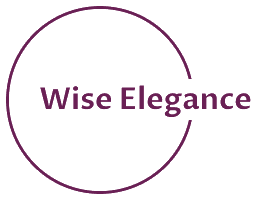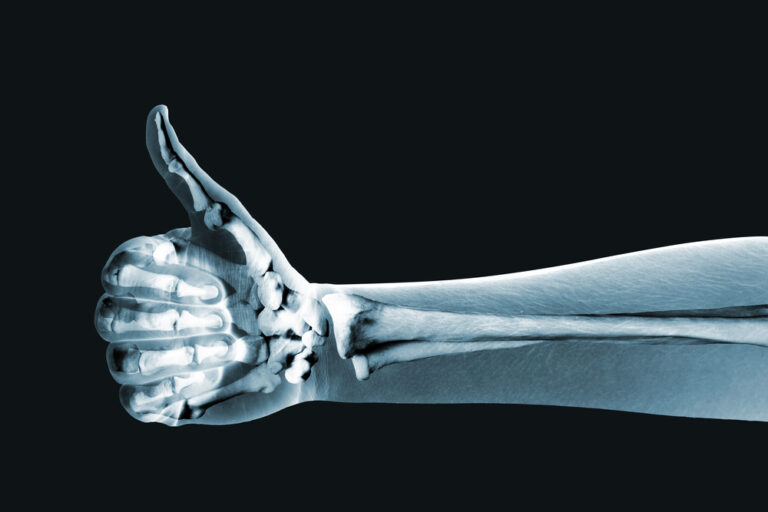Menopause and the subsequent postmenopausal phase are significant stages in a woman’s life, marked by the end of menstrual cycles. These phases bring a variety of physical and emotional changes, influenced by hormonal fluctuations. Understanding and effectively managing these changes is vital for maintaining health and well-being during and after menopause.
Menopause typically occurs in a woman’s late 40s or early 50s, signaling the end of reproductive years. It is diagnosed after 12 consecutive months without a menstrual period. The transition to menopause, known as perimenopause, can last several years, during which women may experience symptoms like irregular periods, hot flashes, night sweats, mood swings, and sleep disturbances.










